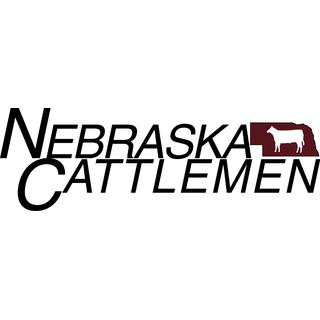Ranch records indicate that in 1945, Henry O. Beel entered into the first of many conservation plans for the ranch he bought in 1937. It developed a soil and water plan allowing for rotational grazing, weed mowing, seeding of wheat, and well placement on the land located on the border of Brown and Cherry counties.
When his son, Henry C. Beel, joined him on the ranch, a legacy was born. The third generation of Beels assumed stewardship of the nearly 22,000-acre cattle operation in 1990. Brothers Frank, Henry and Adam, along with their wives Jennifer, Mary and Jenny, take pride in looking back on the progress they have made, and look forward to what lies ahead for future generations. They make it a priority to teach their own children the importance of maintaining and caring for our natural environment.
Beel Ranch
Conservation and range management continues to play a crucial role in the management of the Beel Ranch. Participating in cost sharing programs through the Environmental Quality Incentive Program (EQIP), the family spent numerous hours planning, designing and coordinating the installation of 32 miles of pipeline including: 89 hydrants, six wells and 45 new tanks across the ranch. With the existing 67 windmills and tanks there is adequate supply of water in every pasture on the ranch. This allows the Beels to successfully match their integrated rotational grazing plan to the environment and climate. Over the years these improvements have allowed the land to be better utilized through their efficient rotational grazing system while increasing habitat for upland bird species, raptors and large game.
In 2004, a 10-year agreement was signed with the Nebraska Game & Parks Commission, Sandhills Task Force and U.S. Fish & Wildlife Services to participate in a wildlife management program. Wildlife sanctuaries, created voluntarily, now offer exceptional viewing of birds and other wildlife on the ranch. Grouse, pheasants, bald eagles, prairie chickens, falcons and hawks are numerous year-round. The Beels also host and educate people who otherwise may not be exposed to ranch life.
“The Beel family has always been and always will be excellent stewards of the natural resources that they are entrusted with,” said Dennis Bauer of the University of Nebraska-Lincoln Cooperative Extension. “You get that sense any time you converse with them about rations, mineral nutrition, weed control or wildlife concerns. You can feel the sense of pride and dedication they have in caring for the land and animals.”








